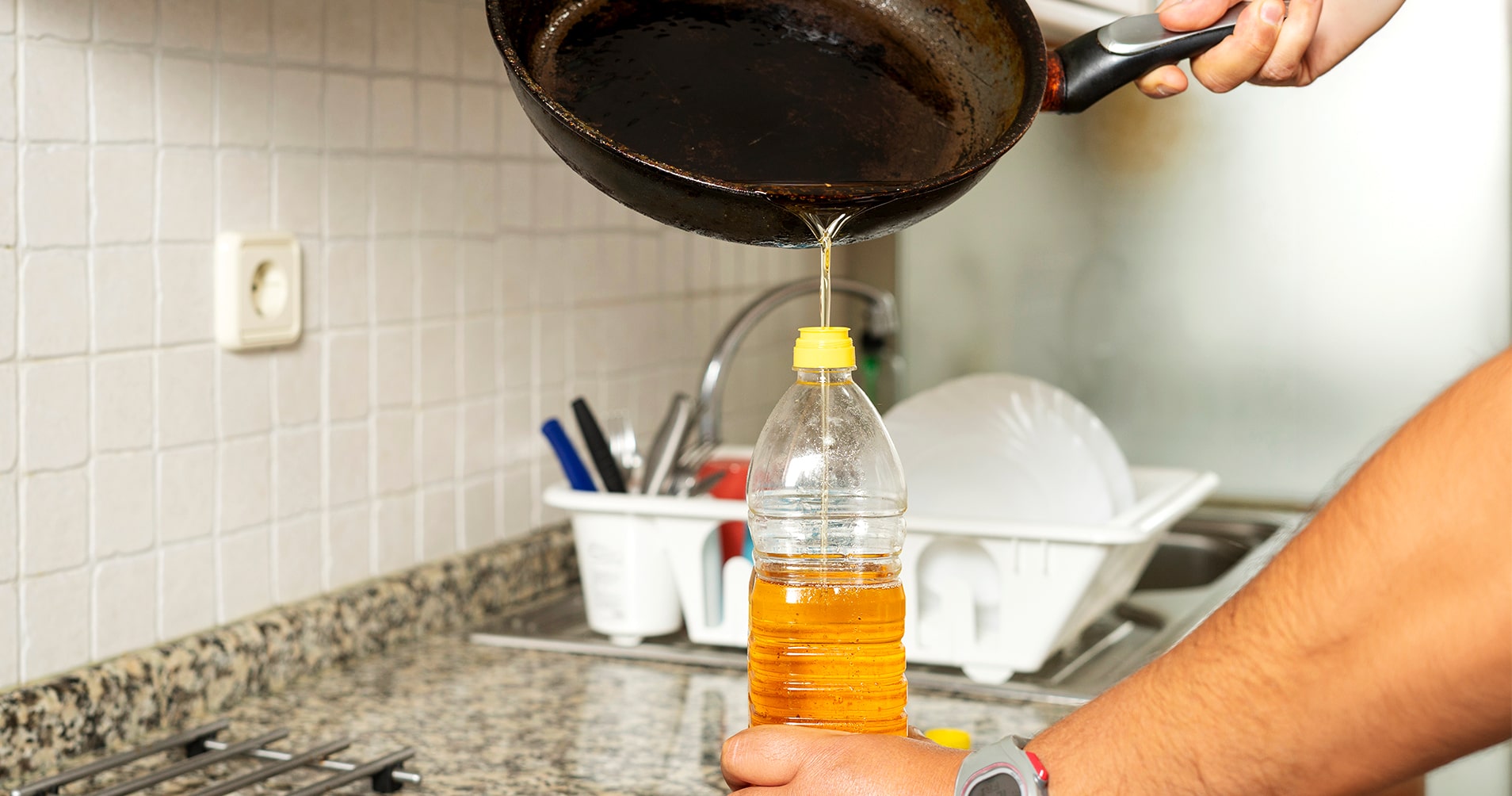Hyundai Motorstudio Senayan Park
Hyundai Motorstudio Senayan Park
Newsroom
-
Easy Tips for Managing Used Cooking Oil to Prevent Water and Soil Pollution
- Hyundai Motorstudio Senayan Park 2024.05.24
-
You must have often heard the term "minyak jelantah" or used cooking oil. The used cooking oil left over from frying food is often carelessly discarded. However, did you know that even though it looks simple, used cooking oil waste contains hidden dangers that can pollute the environment and endanger health? Let's explore the hazards of pollution and learn how to properly dispose of used cooking oil!
The Hazards of Used Cooking Oil Pollution
Used cooking oil contains high levels of saturated fatty acids and cholesterol, so it is dangerous if thrown away carelessly. The following are some of the dangers caused by used cooking oil contamination.
1. Clogging the Drains
Used cooking oil, which contains a lot of fat, solidifies quickly when it is cold. If thrown directly into drains at home or in restaurants, lumps of used cooking oil can cause blockages and trigger puddles, flooding, and unpleasant odors that disturb comfort.
2. Poisoning Aquatic Ecosystems
Used cooking oil waste carried by water flows into rivers, lakes, and seas can be detrimental to aquatic life. Oil can coat the surface of the water, inhibit oxygen circulation, and contaminate food sources. Fish and other aquatic biota can be exposed to toxins, which have the potential to disrupt the balance of the ecosystem.
3. Damages Soil Fertility
Carelessly disposing of used cooking oil also reduces soil fertility. Used cooking oil can clog soil pores, inhibit water and airflow, and disrupt plant growth. As a result, agricultural land becomes infertile, leading to a decline in crop quality and yields.
If used cooking oil contamination is left unchecked, it can seep into the soil and groundwater, polluting drinking water sources and posing long-term risks to human health. Therefore, it is crucial to protect the environment and public health by managing used cooking oil responsibly.
How to Purify Used Cooking Oil
Used cooking oil can be reprocessed into cooking oil that is safe to use. Here are several ways to purify used cooking oil.
1. Let the Oil Sit Overnight
Used cooking oil can be left overnight so that the dirt in the oil settles. This method is most suitable for cleaning oil used for frying flour-based dishes. After allowing the remaining fried food particles to settle, pour the used oil into a separate container. The oil can be reused for cooking.
2. Clear Oil with Potatoes
You can clarify used cooking oil using potatoes. The method is quite simple. First, peel and cut the potatoes into small pieces, then fry them in the used cooking oil until they turn golden. Once the oil looks clear, remove the potatoes and drain them. Repeat these steps if there is still dirt remaining.
3. Banana Peels Filter
Banana peels can be used to filter and clarify used cooking oil for reuse. The process involves cutting the banana peel into small pieces and placing them on a sieve with a container underneath. Next, pour the used oil over the strainer, allowing it to drain through the banana peels and into the container.
When oil passes through a banana peel, the pectin in the peel binds to dirt and small particles, causing the oil to become clear again.
4. Using Fine Charcoal
You can clarify used cooking oil by using crushed charcoal. Charcoal can absorb dirt and residue. Mix fine charcoal into used cooking oil in a ratio of 1:10, or 1 tablespoon of charcoal for 10 tablespoons of oil. After mixing well, let it sit for 30 minutes to 1 hour. Finally, strain the used cooking oil mixture using a cloth filter into a clean container.
After clarifying the used cooking oil, store it in a tightly closed container and protect it from sunlight. Do not use used cooking oil for frying food at high temperatures.
Not all used cooking oil that has been filtered and refined can be used for cooking again. Used cooking oil that cannot be reused can be collected and sent to the nearest recycling site to be processed into biodiesel or other fuel.
Let's start processing used cooking oil more responsibly to maintain health and preserve the environment.




